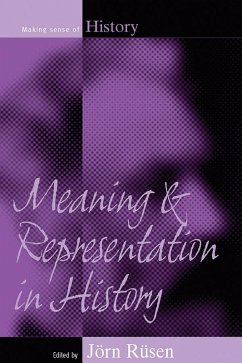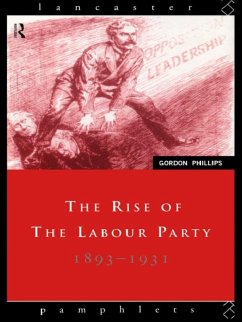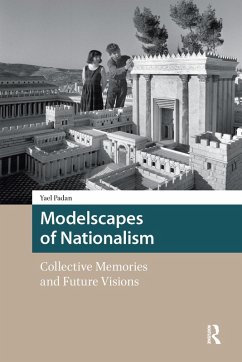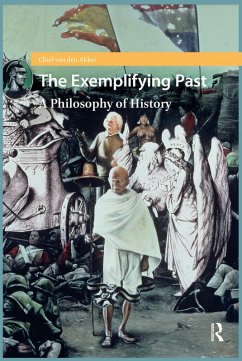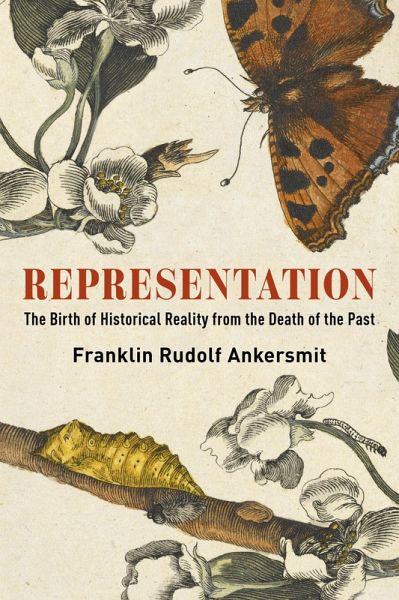
Representation (eBook, ePUB)
The Birth of Historical Reality from the Death of the Past

PAYBACK Punkte
13 °P sammeln!
What makes historical writing distinctive? In Representation, Franklin Rudolf Ankersmit-the preeminent figure in the philosophy of history today-offers a deeply original way of understanding the practice of historical writing and a powerful vindication of history as an empirical discipline. Based on a new reading of the philosophy of G. W. Leibniz, Ankersmit constructs a rigorous framework for understanding the nature of historical argument.Representation argues that while previous states of affairs have left evidence that can be used to formulate true statements, the past itself is irretrieva...
What makes historical writing distinctive? In Representation, Franklin Rudolf Ankersmit-the preeminent figure in the philosophy of history today-offers a deeply original way of understanding the practice of historical writing and a powerful vindication of history as an empirical discipline. Based on a new reading of the philosophy of G. W. Leibniz, Ankersmit constructs a rigorous framework for understanding the nature of historical argument.
Representation argues that while previous states of affairs have left evidence that can be used to formulate true statements, the past itself is irretrievably lost. A condition of historical writing is that the past as such does not exist. Historical texts are best understood as complex signs that mutually criticize one another to compose a historical reality fundamentally distinct from common-sense notions of the past.
Representation casts an entirely new light on fundamental concepts such as historical truth, historical debate, and historical rationality. Cogent, forceful, and provocative, this book is the most ambitious work in the philosophy of history in many years.
Representation argues that while previous states of affairs have left evidence that can be used to formulate true statements, the past itself is irretrievably lost. A condition of historical writing is that the past as such does not exist. Historical texts are best understood as complex signs that mutually criticize one another to compose a historical reality fundamentally distinct from common-sense notions of the past.
Representation casts an entirely new light on fundamental concepts such as historical truth, historical debate, and historical rationality. Cogent, forceful, and provocative, this book is the most ambitious work in the philosophy of history in many years.
Dieser Download kann aus rechtlichen Gründen nur mit Rechnungsadresse in A, D ausgeliefert werden.



